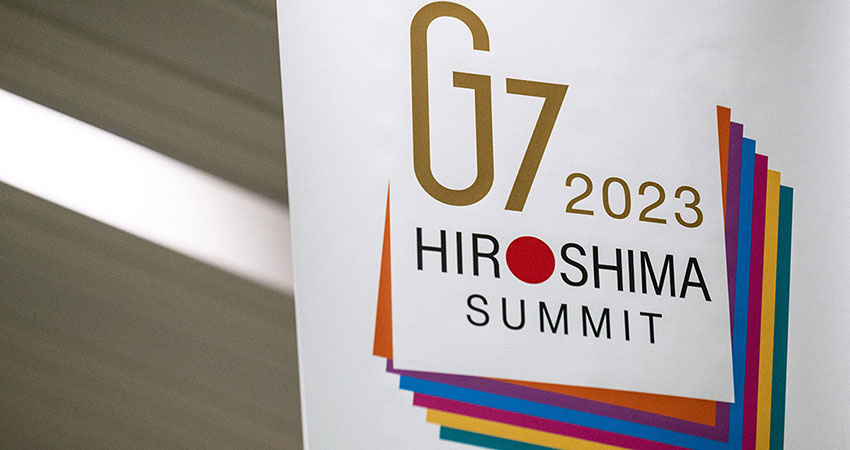The country's inflation rate came down to 7.48% in July, said Planning Minister MA Mannan.
Citing data from the Bangladesh Bureau of Statistics (BBS), the minister made the disclosure at a press briefing at the planning ministry on Wednesday (3 August).
"Prices of rice, oil and wheat have reduced the inflation. Shipments of wheat are also coming from Russia," the minister added.
He also said the food inflation came down to 8.19% from 8.37% in June.
The 7.48% inflation means people had to spend more than Tk107 to buy the same product or service in July this year which was at Tk100 in the corresponding month last year.
Earlier, in June, the inflation rate reached 7.56% – a nine year high – amid a volatile international market triggered by the Russia-Ukraine war. Prices of both food and non-food items ticked up in June. Food prices kept rising to 8.37% in June as the rate in the previous two months was at 8.30% and 6.23%.
According to a finance ministry report, Bangladesh may have to wait one and a half years more for the rising inflation to melt away as global prices for energy, grains and metals have soared substantially since the Russia-Ukraine war and taka continued to lose value against the dollar.
"Considering these developments, coupled with Bangladesh Bank's current monetary policy stance, domestic inflation is expected to peak in the short term (3rd quarter of 2022) and abate later towards the end of 2023 with the projected easing of global commodity prices," said the report titled "Inflation outlook for Bangladesh" prepared in June this year, assuming that inflation expectations remain well-anchored.
According to another internal report of the ministry, Bangladesh set inflation target at 5.6% for FY23, but now, it is not possible to gauge at what level the inflation rate will reach in this current fiscal year because global commodity prices, including fuel and food, still remain above the pre-war levels alongside devaluation of taka.



















